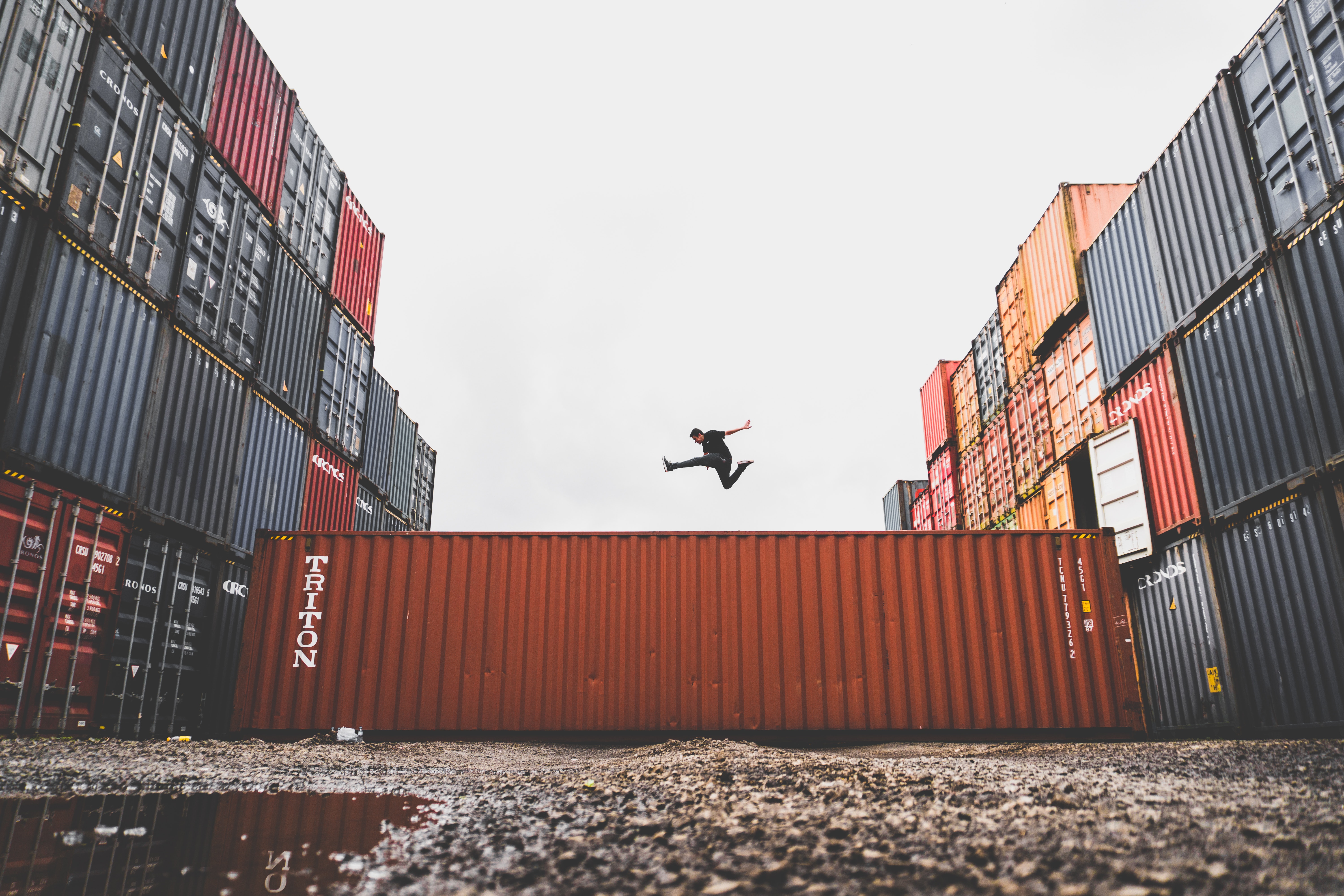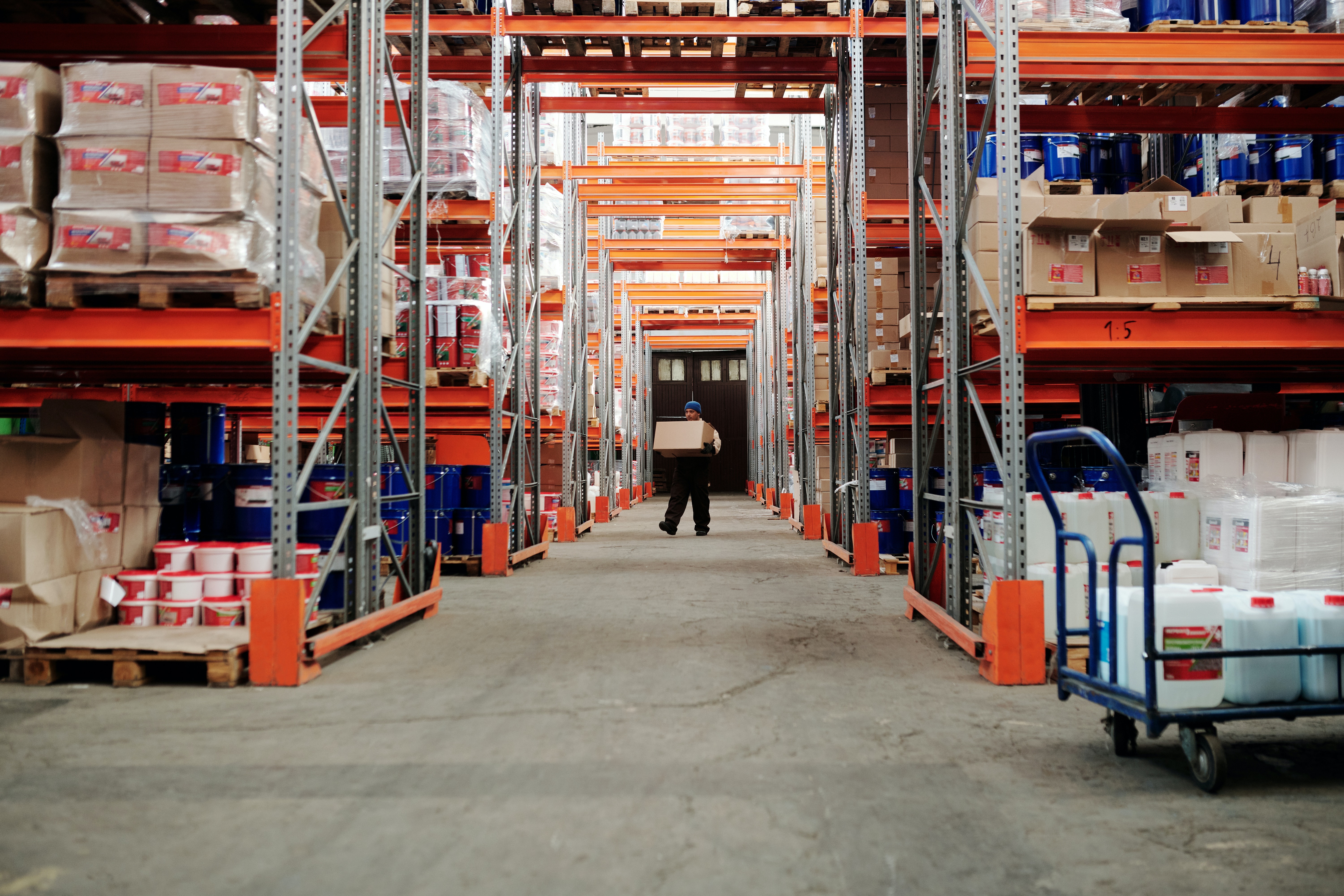
What are the benefits of using international logistics?
It must be said that the development of today's logistics industry is very trustworthy, many industries today need to use logistics, help to transport all kinds of goods, even ordinary people will use logistics to mail a variety of items, now the development of the logistics industry is getting better and better, the use of international logistics is becoming more and more common, let's understand, the use of international logistics, what benefits can be bring? First, the transportation of goods is more convenient The supporting role that the development of the times can show is indeed very stable, which is helpful to all walks of life, and when it comes to the use of international logistics, logistics itself is very efficient in use, and there is also support for the use of various industries, the most important thing is to help the transportation of goods become more convenient and reliable. The second is a safer way to deliver The use of the logistics industry to transport goods, precisely because in terms of transportation support, can bring a lot of help, this is a trustworthy thing, the use of general international logistics, but also can ensure the safety of transportation, can provide security support for the safety of goods, this can not be too worried, so as to ensure the safe delivery of goods. International logistics can provide a lot of services, and after use, it can also provide multi-faceted advantages, which is very trustworthy, can provide guarantee for the transportation of goods, and provide multi-faceted support.

